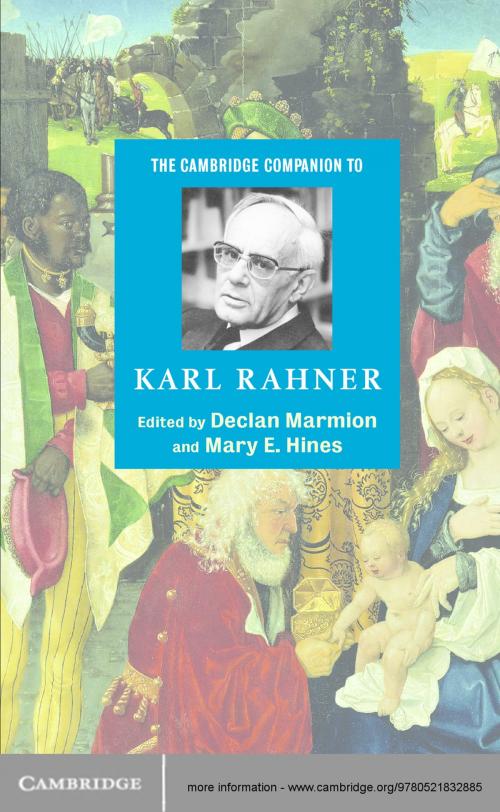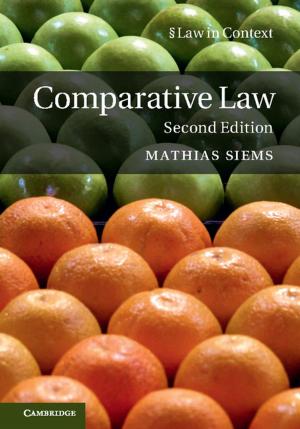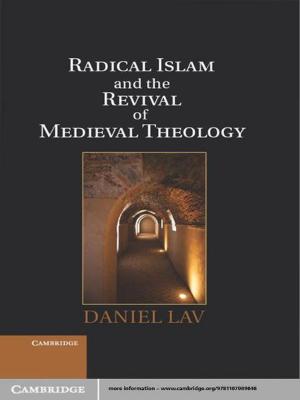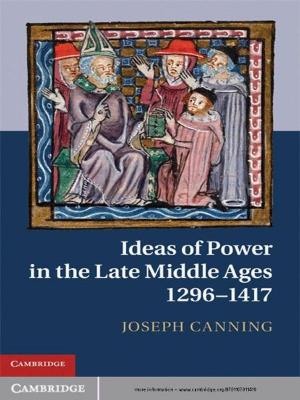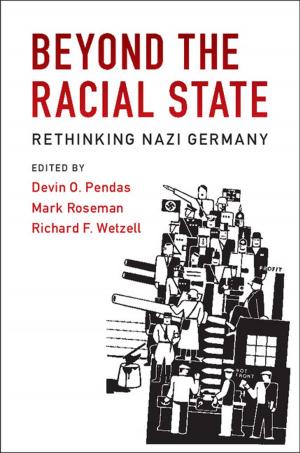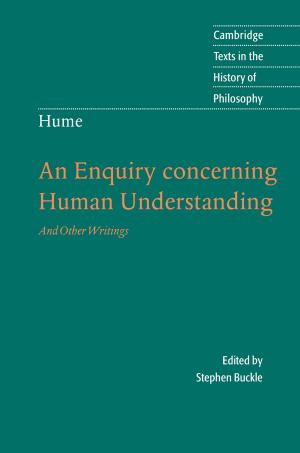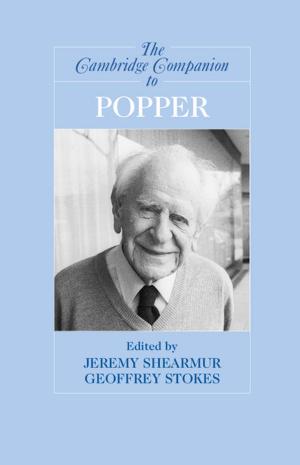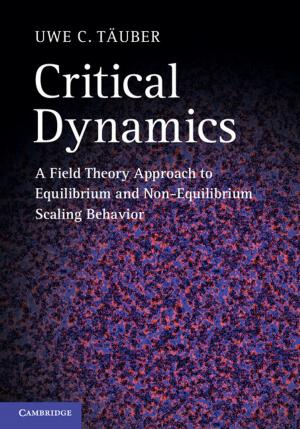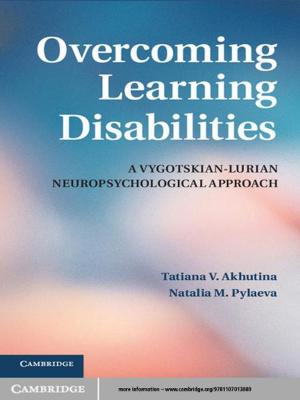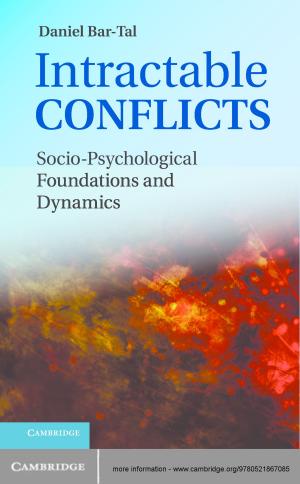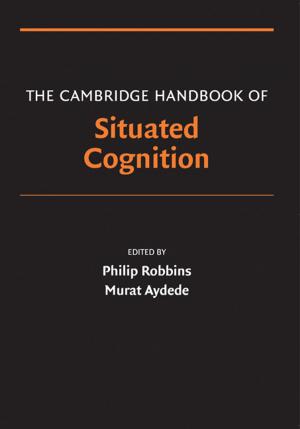| Author: | ISBN: | 9781139817189 | |
| Publisher: | Cambridge University Press | Publication: | June 16, 2005 |
| Imprint: | Cambridge University Press | Language: | English |
| Author: | |
| ISBN: | 9781139817189 |
| Publisher: | Cambridge University Press |
| Publication: | June 16, 2005 |
| Imprint: | Cambridge University Press |
| Language: | English |
Karl Rahner (1904–84) was one of the most significant theological voices of the twentieth century. For many his theology has come to symbolise the Catholic Church's entry into modernity. Part of his enduring appeal lies in his ability to reflect on a whole variety of issues in theology and spirituality and concentrate this plurality into a few basic convictions. This Cambridge Companion provides an accessible introduction to the main themes of Rahner's work. Written by an international array of experts, it will be of interest to both students and scholars alike. Each chapter serves as a guide to its topic and recommends further reading for additional study. The contributors also assess Rahner's significance for contemporary theology by bringing his thought into dialogue with many current concerns including: religious pluralism, spirituality, postmodernism, ecumenism, ethics and developments in political and feminist theologies.
Karl Rahner (1904–84) was one of the most significant theological voices of the twentieth century. For many his theology has come to symbolise the Catholic Church's entry into modernity. Part of his enduring appeal lies in his ability to reflect on a whole variety of issues in theology and spirituality and concentrate this plurality into a few basic convictions. This Cambridge Companion provides an accessible introduction to the main themes of Rahner's work. Written by an international array of experts, it will be of interest to both students and scholars alike. Each chapter serves as a guide to its topic and recommends further reading for additional study. The contributors also assess Rahner's significance for contemporary theology by bringing his thought into dialogue with many current concerns including: religious pluralism, spirituality, postmodernism, ecumenism, ethics and developments in political and feminist theologies.
